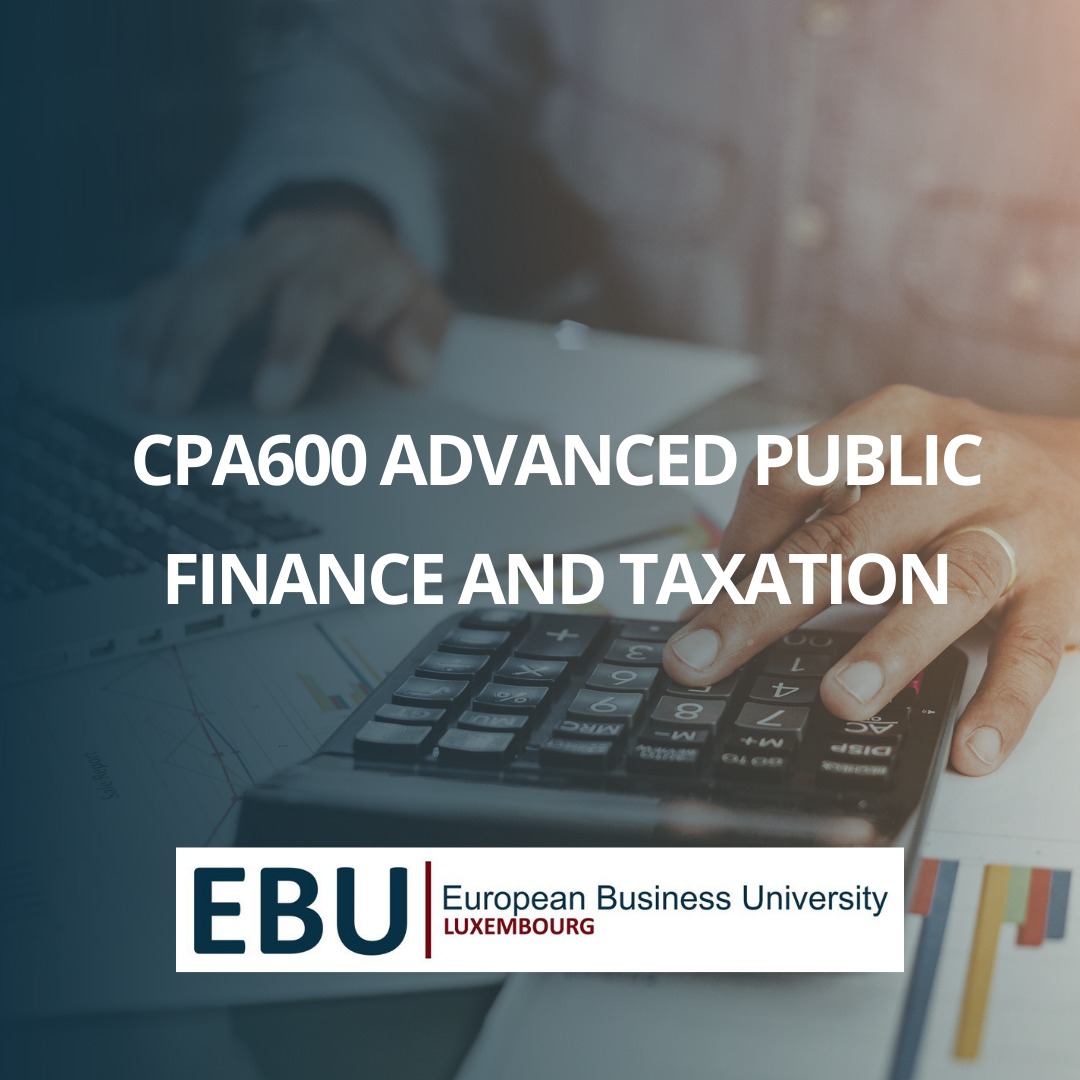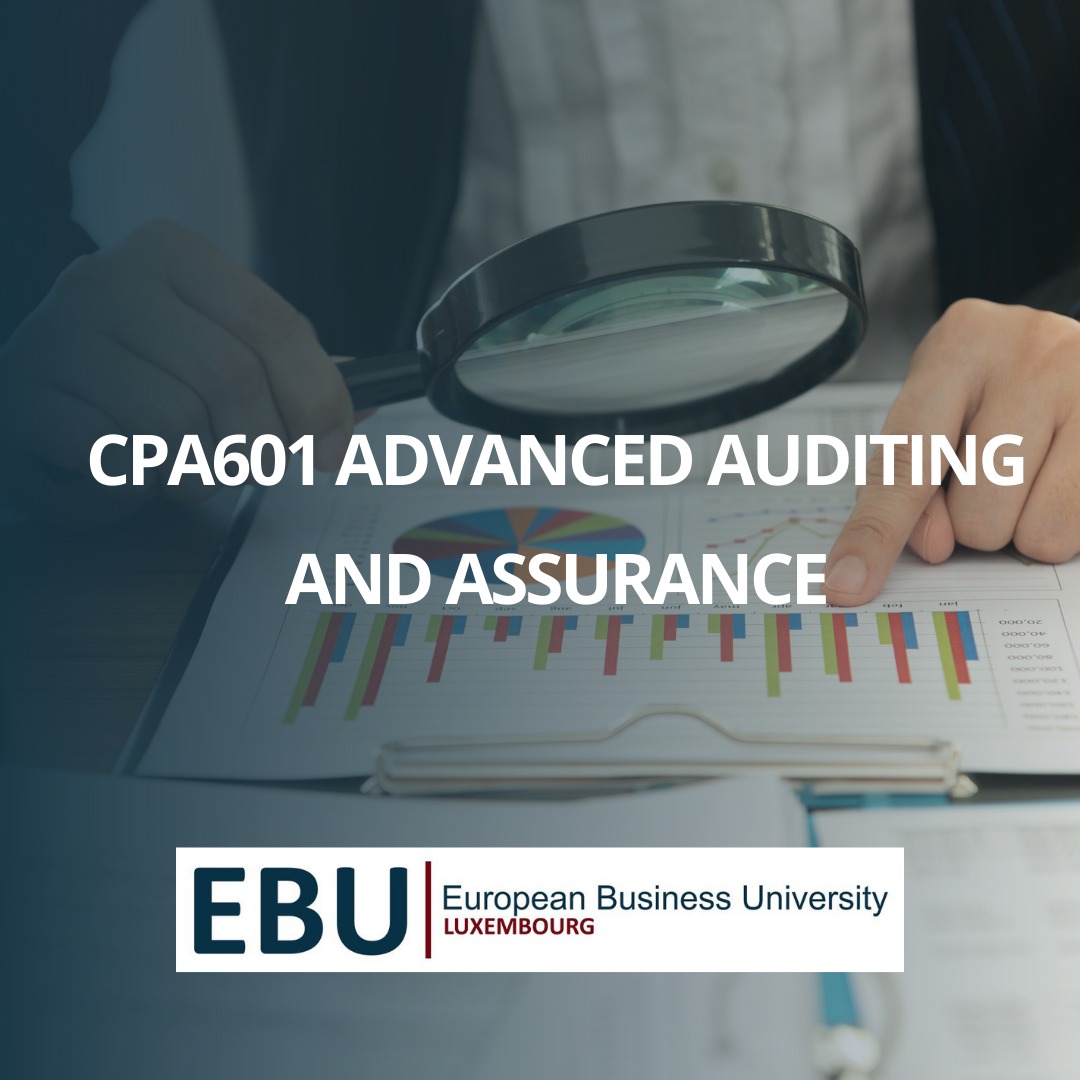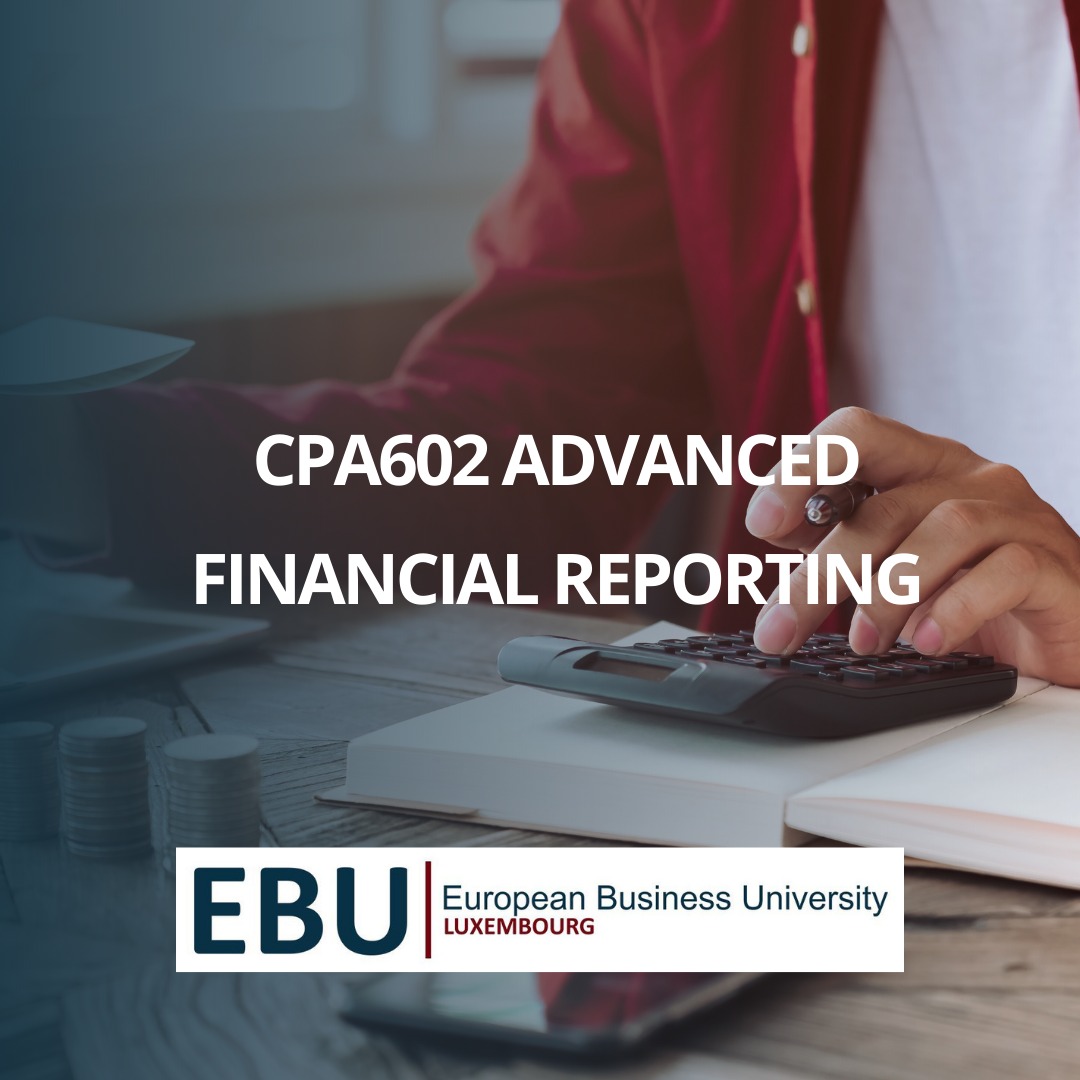
- Teacher: Anxhelino Todi

- Teacher: Mamta Dagar

PRIOR KNOWLEDGE IN FINANCIAL ACCOUNTING/REPORTING IS RECOMMENDED!
As a continuation of Financial Reporting, this course covers the accounting for business combinations, the preparation of consolidated financial statements, and other related topics including, but not limited to: step-by step acquisition, deconsolidation, segments reporting, and the goodwill impairment test. This course begins with a discussion of the scope and the differences between business combinations and asset acquisitions. The course explores the measurement and recognition principles of the acquisition method to account for business combinations. Then, the course covers the consolidation process. Students will learn how to prepare the consolidated financial statements and make all of the necessary consolidation adjustments.
- Teacher: Mamta Dagar
- Teacher: Maria Cristina Torrado
